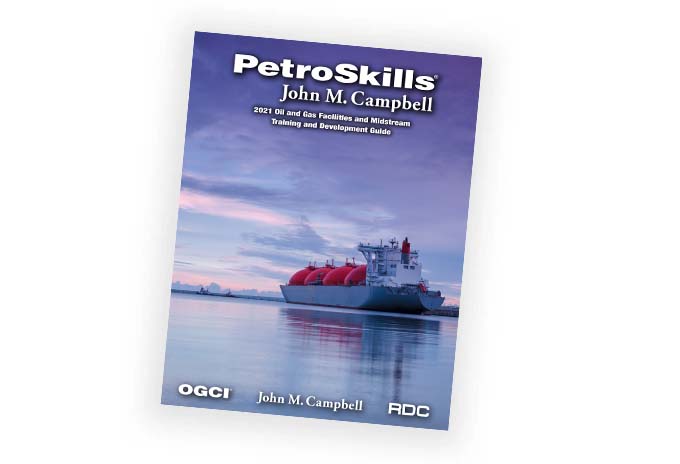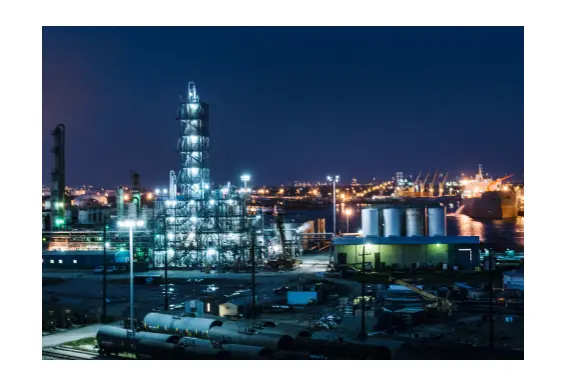Introduction To Compression
e-Learning
About the eLearning Course
In this course, you will learn about the construction and operation of gas compressors. You will learn about the basic laws of gas behavior and the units of gas measurement. You will learn the nature of compression, including the compression ratio, the heat effects of compression, and the factors affecting compressor horsepower requirements.
Target Audience
Operations personnel who require a fundamental understanding of knowledge to operate and maintain facilities. Also suitable for maintenance and technician personnel whether new to their roles or seasoned experts looking to enhance their skills.You Will Learn
Participants will learn how to:
- Calculate absolute pressure from gauge or atmospheric pressure readings.
- Convert between temperature measurements, including absolute measurements.
- Identify the common units for measuring gas volume.
- Define density and relative density.
- Use Boyle's Law to measure changes during gas compression and expansion.
- Explain Charles' Law and how it measures changes during gas compression and expansion.
- Describe how the General Gas Law predicts gas behavior.
- Calculate the ratio of compression.
- Define the heat of compression for hydrocarbon gases.
- Identify the effects of intercooling on compressor operations.
- Identify the effects of suction cooling on compressor operations.
- Calculate compressor capacity and rate.
- Define horsepower.




